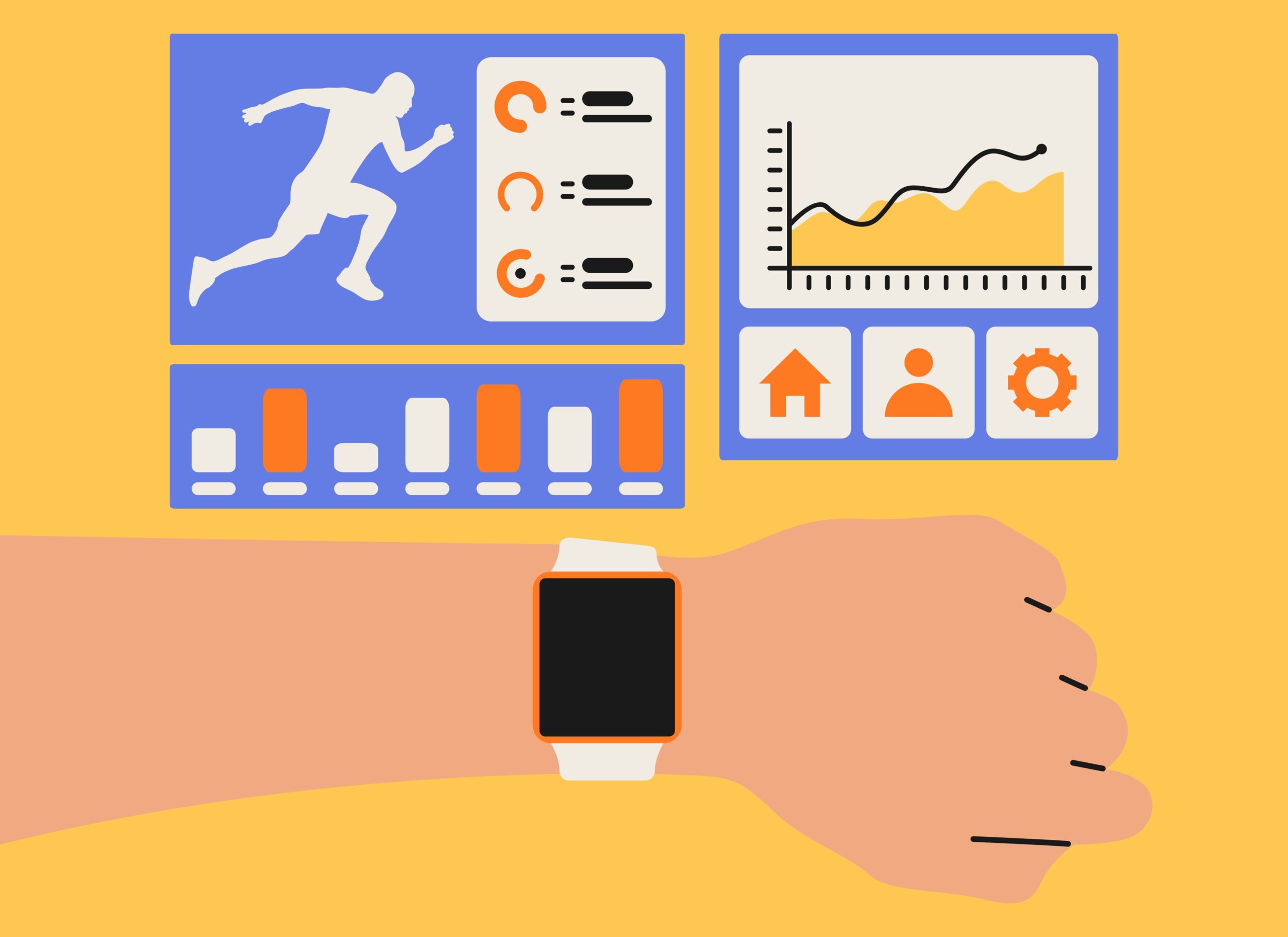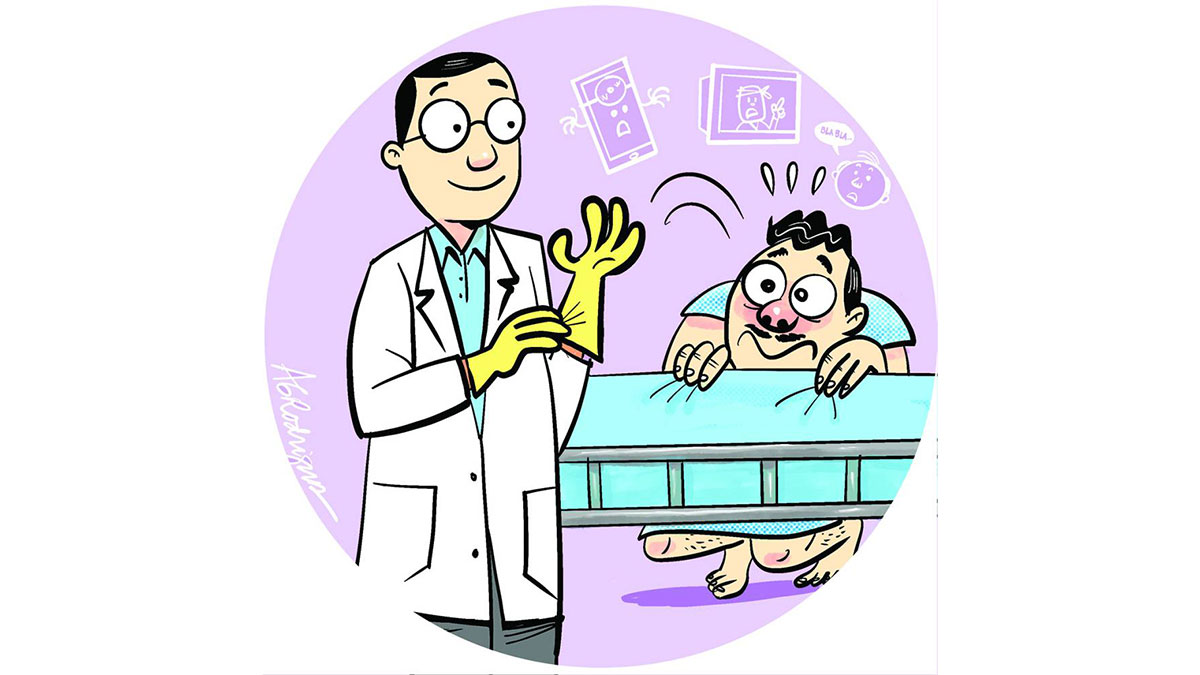A few weeks ago, a middle-aged male patient came for a follow-up checkup in the clinic. He was with his usually bubbly wife. But I noticed that she was not in her usual animated mood. She remained silent the first several minutes.
I couldn’t help but say, “I hope everything is all right.”
The husband then said, “Actually, we just had an argument while waiting outside. There’s a ‘third party!’”
They probably noticed my eyebrows rise, so the wife quickly explained, “It’s not another person or a lover. He claims I’m spending so much time on Facebook (FB) and Twitter, and neglecting him. That’s what he claims to be the ‘third party!’”
I realized I had ventured into a problematic area in my patient’s life that I had no competence to deal with. I managed to mutter, “I’m sure you can sort it out. Have a nice, long talk when you get home, and make sure you patch things up before you go to bed.”
If we were asked which one thing has tremendously impacted man’s way of life since the turn of the century, I’m sure the majority would say social media, specifically FB. Practically everyone on the planet has an FB, Twitter or Instagram (IG) account, or all of them.
In touch
There’s no question that FB and other social media platforms have enabled us to stay in touch with friends, relatives and others—including people we haven’t seen in ages. They help us reconnect and resume interaction with people thousands of miles away. They make us feel as if friends were just a few blocks away, and were it not for the time difference, we could chat with them any time.
Little did we realize that this digital interaction would gradually replace our zest for face-to-face interaction. It’s not only social media platforms that have done this. There are also the many online transactions we now do with smart phones. No need to go to the bank or utility company office to pay our bills.
This online convenience has replaced the simple joy of seeing another smiling person at the counter, who can ask us what he/she can do for us, and engage us in a short banter while he/she completes the transaction.
We may not have realized that our dependence on digital technology and virtual addiction to social media has seriously affected our psychological well-being, in more ways than we could imagine.
A common sight in most restaurants these days are families dining out, but with everyone glued to their cell phones or tablets. They remain so even when the food comes, and they continue to browse intermittently as they dine, instead of talking to each other. Even before we can give our order, we ask the waiter, “Do you have Wi-Fi? What’s the password?”
Many check their FB, IG or Twitter first thing in the morning, before they go to bed, and a hundred times in between.
This was what my male patient was complaining about, and he felt that his wife’s FB and other social media accounts were more important to her than finding out how her husband was doing.
FB has provided us a feeling of “belongingness,” staying abreast of happenings in whatever group we belong to, but when we don’t get the response we want, we feel bad.
Facebook depression
So much has now been written in medical literature about Facebook depression in children, teens and adults. Some cases of teen suicide have been attributed to FB depression.
A few years ago, medical societies like the American Academy of Pediatrics issued warnings detailing the potential psychological problems associated with social networking sites.
Some authors even equate addiction to social media with substance abuse. If a child or teenager already has self-esteem problems to start with, FB and similar social networking tools can aggravate them later on, especially with the prevalence of cyberbullying and other social media content that can have adverse effects on mental health.
The tendency to compare oneself and one’s family with others is another potential cause of psychological harm from FB and other sites. One sees his or her friends’ fancy homes and cars, travels and other luxuries and cannot help but feel envy. This could aggravate one’s psychological issues.
The irony is that we sometimes recommend FB to people who are depressed, without realizing that FB could actually make their depression worse.
Many of us gift our kids with smartphones or tablets, which could create more psychological harm if we don’t supervise their use.
Instead of instilling discipline to make them behave, we find it more convenient to give them a tablet or smart phone, especially during long travels to keep them from getting bored and becoming restless.
Parents should not allow their children, who already manifest potential psychological problems like excessive shyness or inferiority complex, to engage actively on social media sites. Instead, they should be encouraged to socialize actively with their peers and have actual, not virtual, conversations with them.
So, is FB and the other social networking sites a boon or bane? Let me check what my friends on FB have to say on this issue.









































